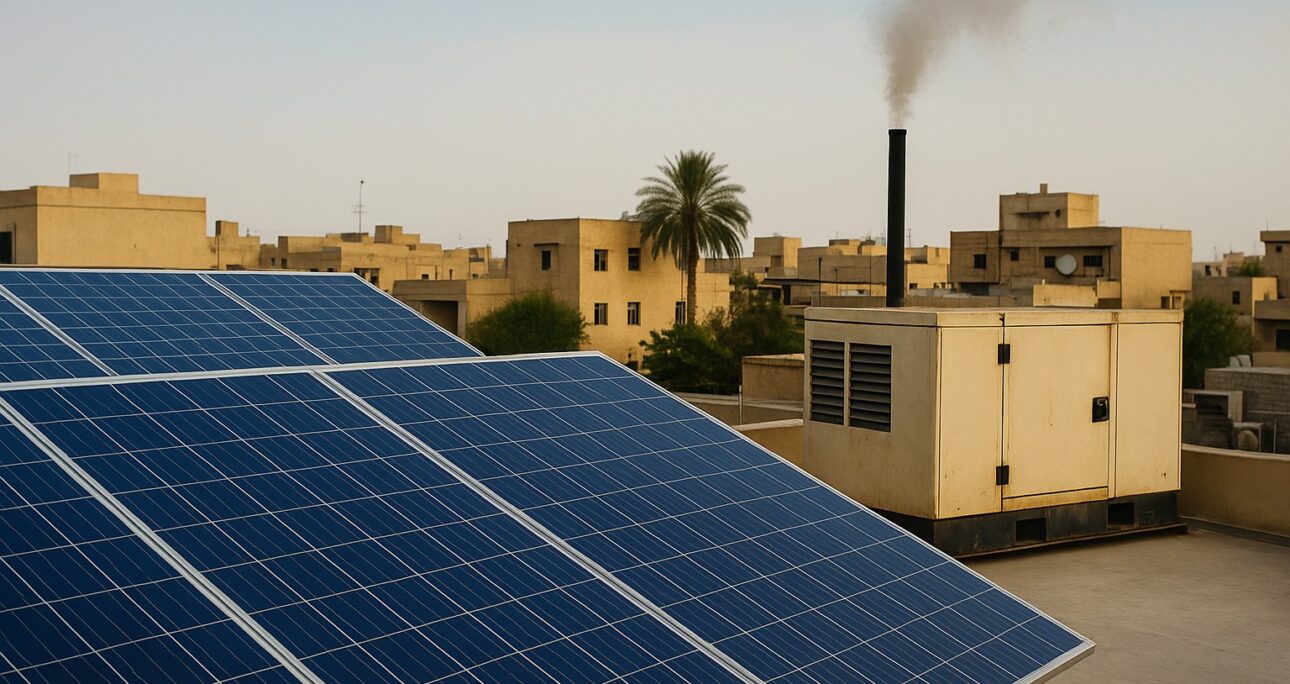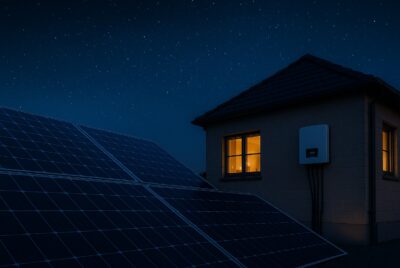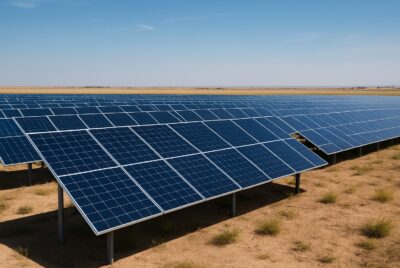Why Now Is the Best Time to Switch to Solar in Iraq
Introduction
Iraq has long struggled with inconsistent electricity supply, frequent power cuts, and rising energy costs. With temperatures soaring in summer and heavy reliance on diesel generators, energy insecurity is a daily reality for many households and businesses. But a powerful alternative is gaining ground: solar energy.
In this article, we’ll explore why now is the ideal moment for Iraqi citizens and companies to invest in solar power — not just as a trend, but as a long-term, cost-saving, and environmentally responsible solution.
1. The Energy Crisis in Iraq Is Worsening
Over the past decade, Iraq’s electricity demand has skyrocketed while supply from the national grid has remained unreliable. Most cities experience daily power outages that force residents to depend on noisy, polluting, and expensive diesel generators. Meanwhile, fuel prices continue to rise, and public frustration is mounting.
Solar power offers a clean, silent, and decentralized solution. A rooftop system allows you to generate your own electricity, day after day, regardless of government performance or oil supply issues.
2. Solar Prices Are Dropping Globally
Solar technology has advanced rapidly. Prices for high-efficiency panels, inverters, and battery systems have dropped significantly in the past five years — and are now more affordable than ever. Thanks to international suppliers and more competitive markets, Iraqi consumers can now access high-quality systems at fair prices.
Soliraq works directly with trusted international manufacturers, ensuring that clients receive the latest technology without the cost of middlemen.
3. Return on Investment (ROI) Has Never Been Faster
While a solar system may seem like a major upfront expense, most customers recoup their investment in as little as 3–5 years, especially when electricity bills and generator fuel are factored in. After that, you enjoy free electricity for 20+ years, with minimal maintenance.
In commercial and industrial settings, the savings are even more dramatic. Solar can cut utility costs by 40–70%, freeing up cash for business growth.
4. Solar Provides Energy Independence
One of the biggest appeals of solar in Iraq is freedom from the grid. With a well-designed system, you don’t have to wait for the power to come back. Even during peak demand or national outages, your home or business can continue running — air conditioners, lights, fridges, machines — uninterrupted.
In rural areas with no access to national electricity, solar isn’t a luxury — it’s a lifeline.
5. Iraq’s Climate Is Ideal for Solar
With over 300 sunny days per year, Iraq is one of the most solar-ready countries in the world. Unlike Europe, where solar panels often struggle with cloudy skies, panels in Iraq can operate at maximum capacity for most of the year.
A single rooftop system in Baghdad or Basra can produce enough energy to power an entire home or office with ease.
6. Environmental Benefits Matter Too
Using solar energy drastically reduces your carbon footprint. Every kilowatt-hour (kWh) of solar power replaces fossil fuel consumption and lowers air pollution. In a country already suffering from heatwaves, droughts, and water shortages, fighting climate change starts with energy choices.
By going solar, you’re not just saving money — you’re making Iraq cleaner, quieter, and more resilient.
Final Thoughts
Switching to solar is no longer a futuristic dream — it’s an accessible, smart, and necessary step for Iraq’s present. Whether you’re tired of paying for fuel, dealing with power cuts, or just looking to invest in your future, solar is the answer.
At Soliraq, we’re here to help you take that first step — with a free consultation, honest advice, and full installation support.
👉 Contact us today to find out how much you could save with solar.




